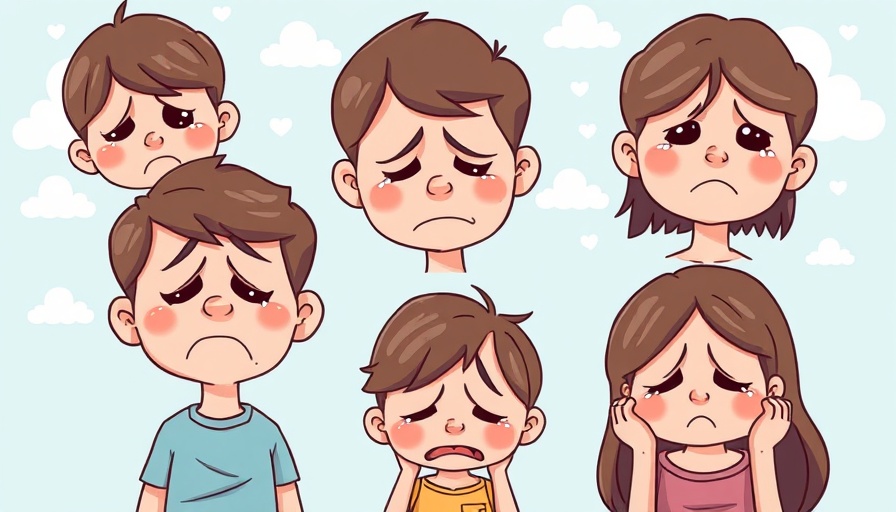
A New Approach to Managing Depression: The Power of Combined Treatments
Recent findings indicate that depression relapse can be most effectively managed through a combination of pharmacotherapy and psychotherapy. The importance of integrating different treatment modalities cannot be overstated, especially for those facing recurrent episodes of depression. A meta-analysis conducted by research teams has revealed that the combination of antidepressants and psychological strategies leads to significantly better outcomes compared to either treatment alone.
Understanding the Impacts of Depression and Its Relapse
Depression affects millions, often leading to severe socio-economic consequences. The ongoing COVID-19 pandemic has exacerbated mental health issues, with anxiety disorders and depression becoming more pronounced. This situation has highlighted the urgency of addressing mental health comprehensively—not just through medication, but by utilizing approaches such as cognitive-behavioral therapy (CBT) and mindfulness-based strategies alongside pharmacological treatments.
The Efficacy of Combined Treatments
A compelling body of research supports the view that combined treatments provide superior efficacy for those with moderate to severe depression. Individuals undergoing both medication and psychotherapy reported a 27% higher likelihood of symptom reduction than those relying solely on psychotherapy. Additionally, combination treatments were found to be significantly more acceptable, reducing dropout rates in clinical settings.
The Role of Cognitive Behavioral Therapy in Treatment
CBT remains a cornerstone in treating depression, focusing on restructuring negative thought patterns that fuel depressive episodes. Research shows that after combined treatment, relapse rates can significantly decrease, particularly among those who have not fully responded to medications alone.
Implementing Mindfulness and Self-care Techniques
Mindfulness and relaxation techniques serve as valuable adjuncts to treatment, aiding individuals in managing stress and anxiety. Adding practices such as meditation, yoga, and breathing exercises can enhance treatment outcomes, fostering resilience and a greater sense of well-being.
Future Directions: Policy Implications and Accessibility
To optimize treatment effectiveness, policies must focus on expanding access to combined therapies, including teletherapy and digital mental health resources. Given the societal stigma surrounding mental health, an emphasis on mental health education and support groups is crucial for encouraging individuals to seek help and adopt healthy coping strategies.
Addressing Myths Surrounding Depression Treatments
Misconceptions about depression treatment, such as the belief that medication alone can solve the issue, underscore the need for public awareness campaigns. These initiatives should aim to reduce the stigma associated with mental health challenges and promote holistic treatment models that advocate for a combination of therapies.
Conclusion: The Path Forward in Depression Management
The findings underscore the necessity of a multi-faceted approach in treating depression. With effective combination treatments now substantiated by research, it is essential for health professionals to tailor interventions to individual needs, ensuring a higher likelihood of sustained recovery and improved quality of life.
Now more than ever, understanding the nuances of mental health treatment can empower both sufferers and caregivers alike. By advocating for combined therapies, we can foster a supportive environment where those affected by depression find the help they need. For individuals struggling with mental health, seeking a balance of pharmacological and psychological support could prove to be life-changing.
 Add Row
Add Row  Add
Add 




Write A Comment